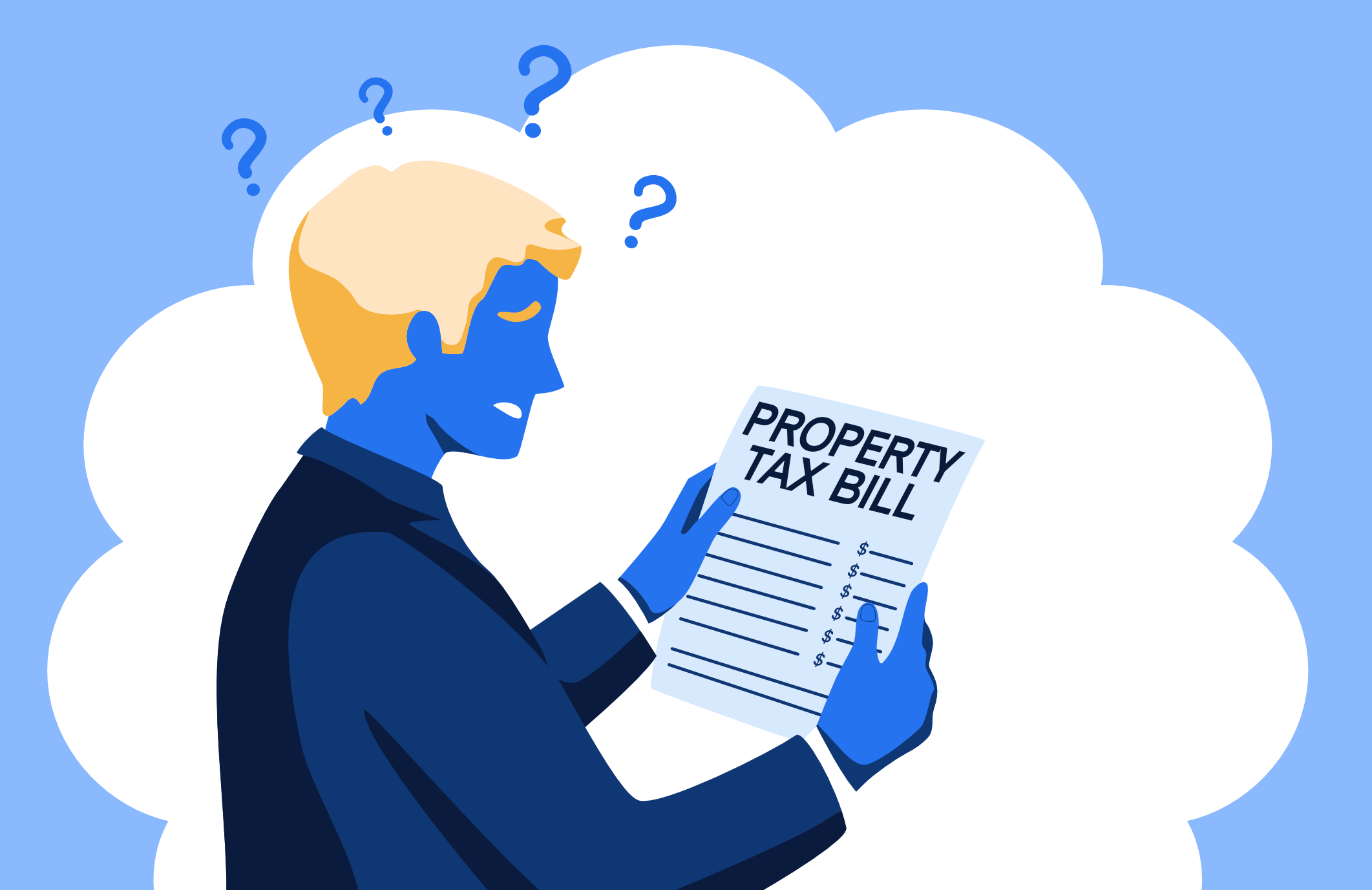New York City real estate owners have seen numerous startling headlines regarding the recent tax changes. Most notably, Moody’s predicted New York County would see the sixth largest price declines in the country due to the cap on state, local and property taxes. Their estimated 10% decline will surely cause buyers to think twice about pulling the trigger but how realistic is it? To figure that out, Yoreevo crunches the numbers on tax reform’s impact on real estate.
What’s Changing With Property Taxes?
How Large Is Tax Reform’s Impact On Real Estate?
Are There Offsets? What To Do?
What’s Changing With Property Taxes?
Following the recent tax changes, the maximum deduction for state, local and property taxes is $10,000. Once a New York City resident’s income hits about $110,000, his or her state and local tax bill is $10,0002. In other words, most of the people that can afford to purchase in NYC are no longer able to deduct their property taxes (which we assume for this analysis).
At $110,000 of income, the 2018 marginal federal tax bracket is 24%. As incomes increase, so does the marginal tax bracket, peaking at 37% for incomes over $500,0003. To calculate the now eliminated tax shield, we simply multiply the taxpayer’s incremental federal tax bracket by their property taxes.
Obviously the size of the increased tax bill will depend on the value of the property. More expensive properties generally have higher property tax bills and their owners generally have higher incomes. Therefore the impact of tax reform is twofold at the higher end of the market.
How Large Is Tax Reform's Impact On Real Estate?
First one big disclaimer – we are not CPAs so this should not be considered professional tax advice. This is also purely an estimate and requires a significant assumption in the discount rate of the incremental tax bill. We assumed 8% as the inability to deduct property taxes forever is unlikely but pretty certain in the near term. The lower that assumption, the higher the impact. We also assumed a 32% federal tax rate which applies for individuals with incomes between $157,500 and $200,000.
With that being said, we were unable to get anything close to Moody’s estimate of a 10% decline in property values. In our random sample of condos spread around Manhattan, we estimate the decline in property values to be about 4%.
Are There Offsets? What To Do?
Of course that is in a vacuum. Corporate profits are increasing due to lower tax rates which will have an unquantified but positive impact on wages and investment. This analysis also assumes all homeowners and potential buyers itemize their taxes and disregards international buyers who do not file US taxes. While the recent tax reform is a negative for property values in NYC and other high tax areas, it is difficult to justify the 10% declines being thrown around in the media.
If you’re considering buying or selling an apartment in NYC, please contact us to learn how Yoreevo can save you up to 2% on your transaction. We believe typical broker commissions are too high and offer full service representation for 1%. Using Yoreevo to buy and sell can offset most, if not all, of any tax impact on real estate!
Note: We did not address the reduction in the mortgage interest deduction because we don’t view it to be material. Feel free to contact us to if you would like to understand why.
Disclaimer: This post should not be used as tax advice. Please contact a qualified accountant if you have any questions about your particular situation. The figures discussed are estimates and based on numerous assumptions that may not apply to your particular situation.


